More than two thirds of voters are in favor of transparency regarding foreign financing of Hungarian media products. 70% of Hungarians agree that media outlets should be required to make public their foreign funding, while only 22% oppose this requirement, according to a recent representative opinion poll by the Nezopont Institute. Fidesz and Our Homeland (MHM) party voters are the most committed to transparency, with 82 and 83 percent respectively backing such a mandate, but even the relative majority of Tisza party voters (48 percent), who seem the most critical, are in favor of transparency.
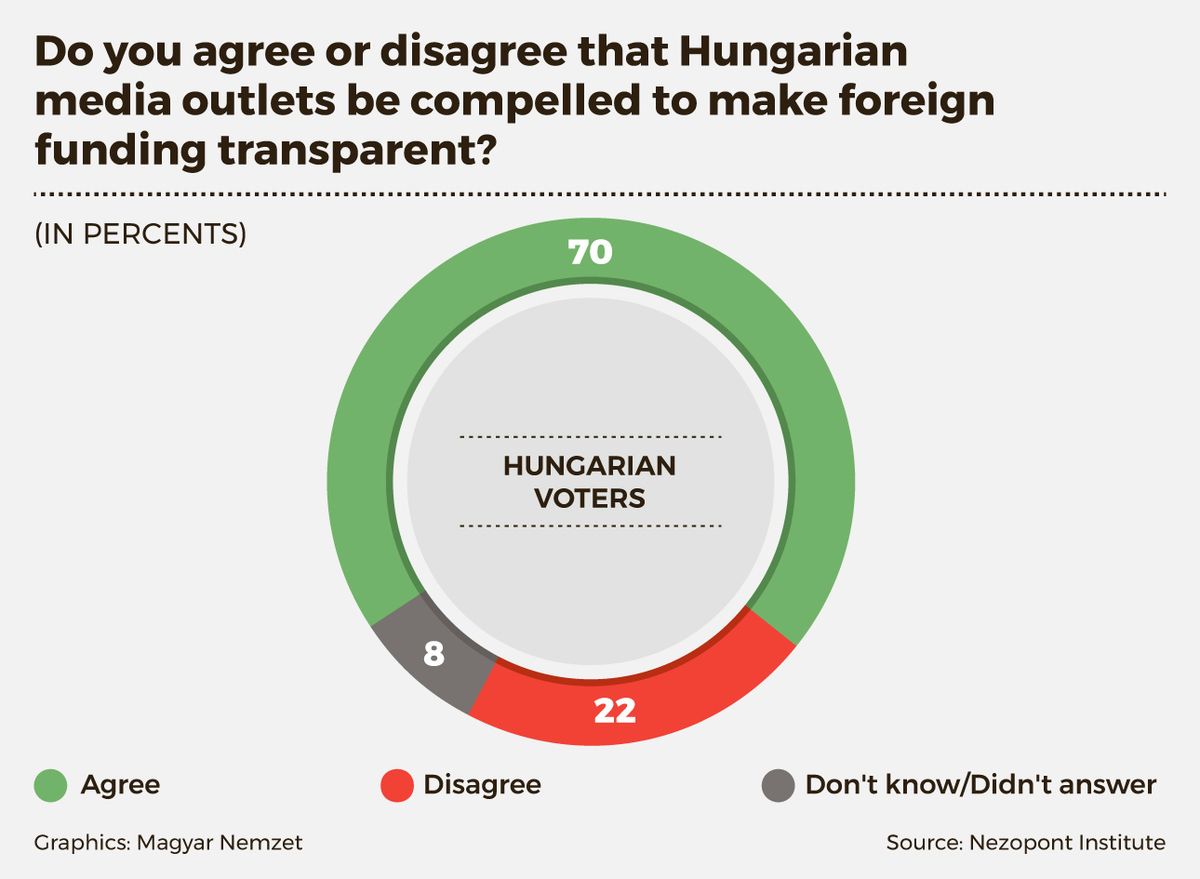
The intensifying of foreign interference attempts targeting Hungarian domestic political processes is a matter of concern for the Hungarian public and lends added relevance to the study. These attempts to influence have especially ramped up after the outbreak of the Russia-Ukraine armed conflict and are primarily aimed at changing the Hungarian government's pro-peace stance by various means, including financing entities critical of the government.
Attention focused on funds from abroad going to opposition political actors in Hungary when Action for Democracy was found to have interfered in the 2022 national election campaign. Within the framework of the US-based organization's action, for example, the extremist anti-government publisher Ezalenyeg.hu received 1.9 billion forints (about EUR 4.8 million) in foreign funding, thus rightly raising the questions of who and with what intentions are financing domestic press products from abroad that are capable of influencing public opinion, and thus the will of the electorate. A recently published analysis by the Nezopont Institute, entitled Freedom of the Press in Hungary 2024, found that the number and revenues of media outlets critical of the government are steadily increasing year on year and they are overall generating profits, while their foreign funding is opaque.

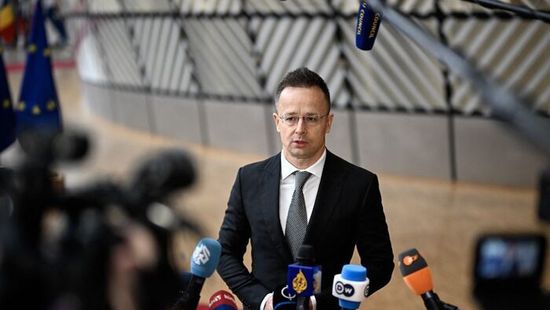
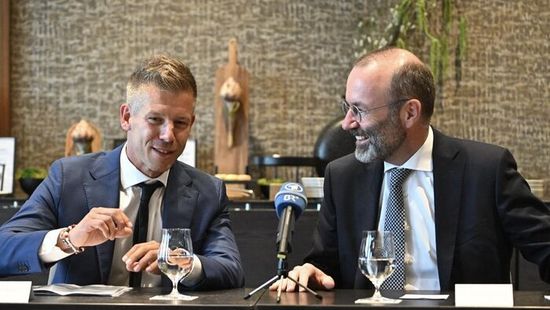






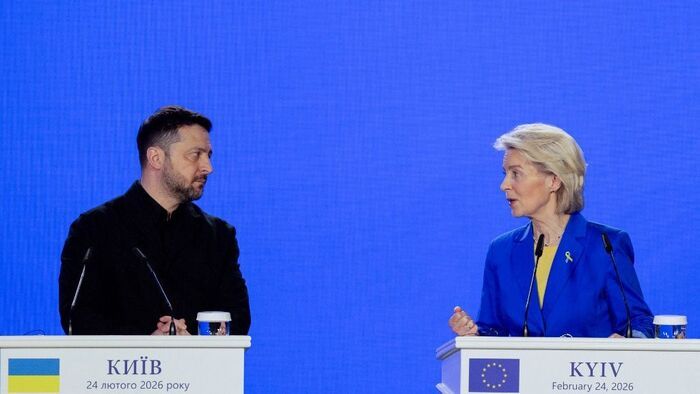




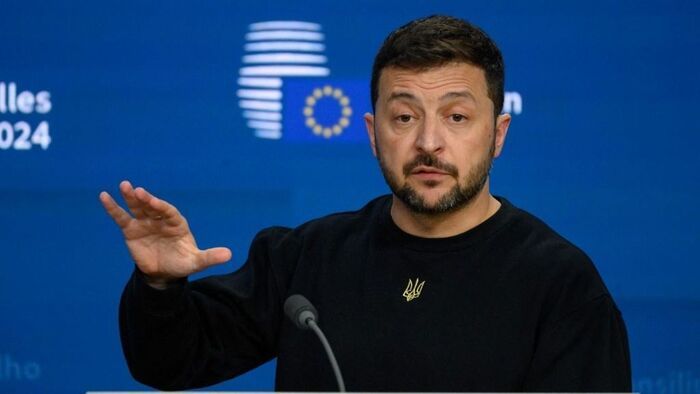
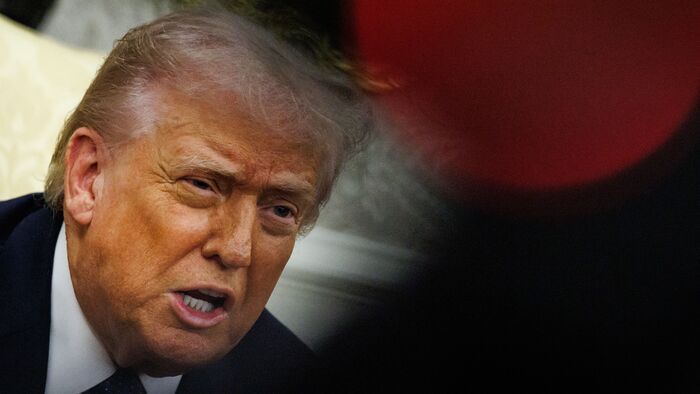

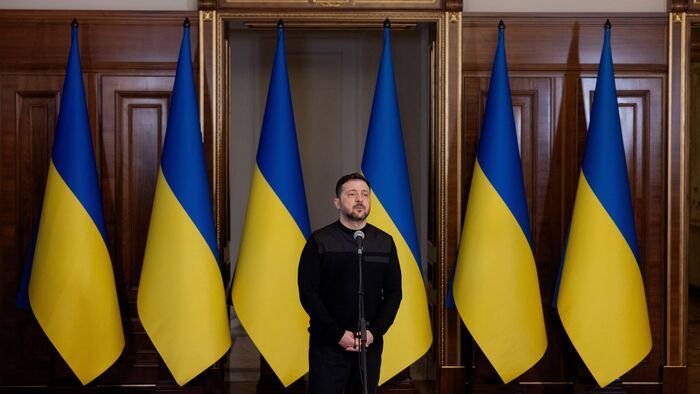





Szóljon hozzá!
Jelenleg csak a hozzászólások egy kis részét látja. Hozzászóláshoz és a további kommentek megtekintéséhez lépjen be, vagy regisztráljon!